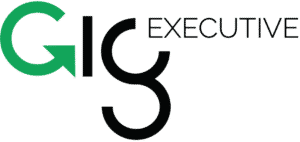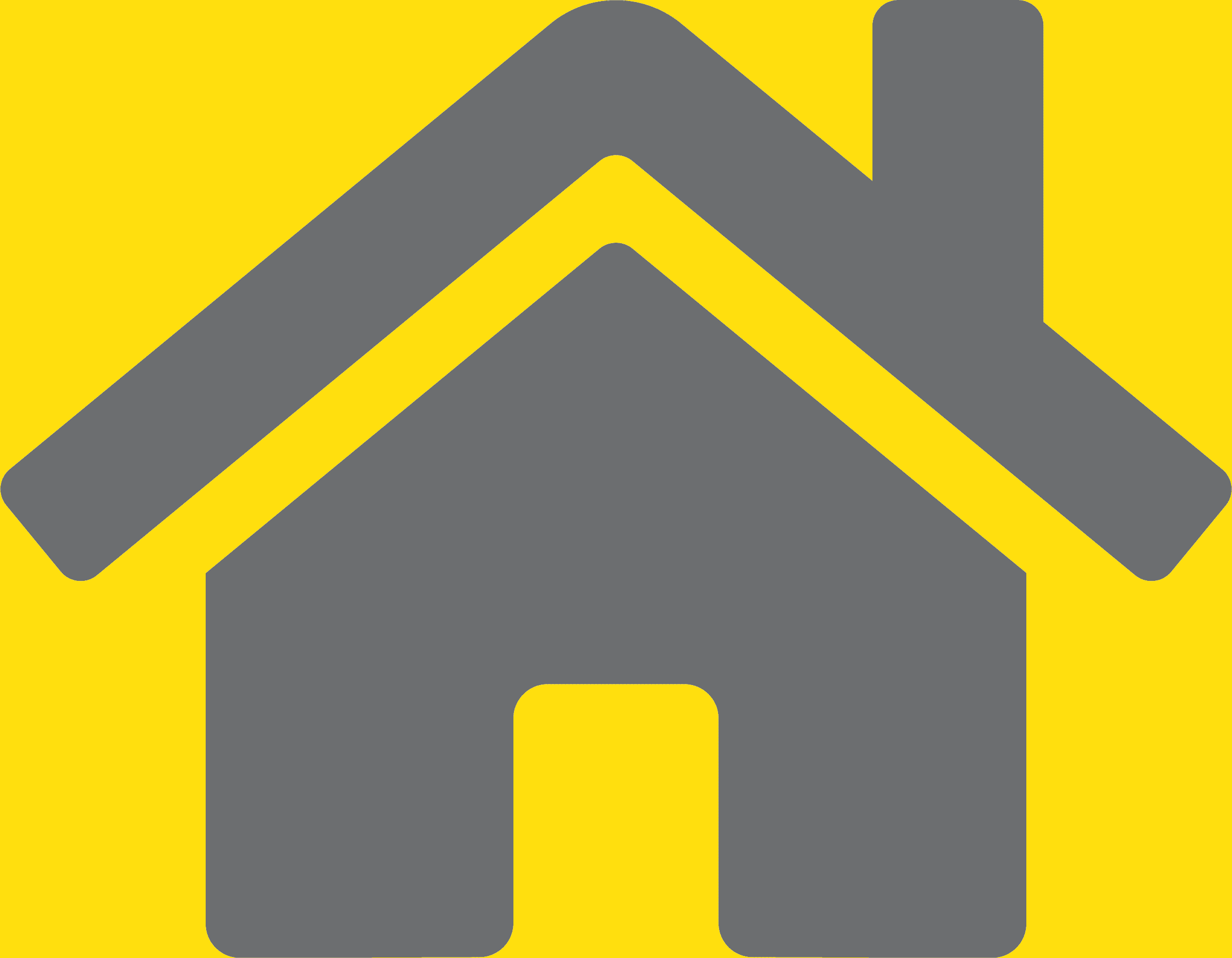Talent Trends in Health: Can technology humanise the healthcare experience?

Insights from Dani White
Partner, Fisher Leadership
The future of Health will see a shift from treating illness to sustaining wellbeing.
How are we using technology to humanise the healthcare experience?
The clients I work with across NSW and ACT in Health are broad and far-reaching. However, they each have one challenge in common: emerging technology adoption. Our industry data tells us that ‘Head of IT’ and ‘Chief Technology Officer’ are in the top three emerging growth titles across Australia’s Health industry, with the former sitting at a 70% increase in the past 12 months. Simultaneously, only 6% of senior health professionals have analytical skills, and 5% have data analysis skills, though both have become emerging growth areas in the past 12 months.
In Deloitte’s ‘Forces of Change’ report, the Western model of health care is a disparate collection of components (healthcare plans, hospital systems, pharmaceutical companies and medical device manufacturers). By 2040, they expect the consumer will be at the centre of the health model (Deloitte, 2019). As health patients come to expect the same level of customer experience they receive in retail and banking experiences, consumer technology players and innovative startups are extending their reach into MedTech, with growing onshore manufacturing capability and public appreciation for the industry. COVID19 accelerated the rise and acceptance of eHealth experiences and wearable technology is putting patient health records in patients’ own hands, whilst apps put treatments and advice at their fingertips.
This emerging operating climate comes as no surprise. In PwC’s global Future of Health report, the 150 healthcare executives surveyed almost unanimously agreed that by 2035, healthcare will be organised around patient needs, and will be personalised, digitised and preventative, with healthcare solutions seamlessly integrated into daily life.
Are healthcare leaders adapting daily work practices to move to a patient-centred ecosystem at the pace required?
Technology has the potential to humanise the healthcare experience in several ways. However, access to the human capital in a limited talent pool presents as both the risk and the opportunity.
This is where we can help…
Top Six Capabilities Needed to Leverage Technology in Healthcare
1. Capability: Ethics, Integrity and Compliance
Data privacy is a challenge. The culture around data privacy varies by country, thus impacting data collection and research potential. Using data ethically in healthcare is crucial to ensure patient privacy, confidentiality, and trust. Issues such as informed consent, data anonymisation and de-identification, data security, and transparent and ethical data collection and sharing must be embedded in the healthcare culture. Data sharing should be governed by legal and ethical frameworks, including data use agreements, data-sharing agreements, and adherence to privacy regulations. Data sharing should be limited to authorized and trustworthy parties with legitimate purposes.
2. Capability: Emotional Awareness
The power of technology is infinite, so its use must be intentional. The human capacity to care is what underpins healthcare. When applied with empathy, technology can provide emotional support to patients, particularly those dealing with chronic illnesses or mental health conditions. Online support communities and teletherapy platforms connect individuals with others facing similar challenges and offer a space to share experiences and seek advice. Chatbots and virtual assistants can provide immediate assistance, offer empathy, and answer basic healthcare questions. When designed for inclusion, technology empowers patients to take an active role in their healthcare. Access to online health information and educational resources enables patients to educate themselves about their conditions and treatment options. Patient portals and mobile apps allow individuals to schedule appointments, view test results, and manage prescriptions, providing them with more control over their healthcare journey.
3. Capability: Technology Literacy
The Customer Experience (CX) has been an emerging skill in many industries, evolving into Employee Experience (EX) and morphing to encompass Human Experiences (HX). Technology focuses on the end-user experience, and health workers can adopt this mindset to prioritise patient-centred care. By understanding and empathising with patients’ needs, preferences, and experiences, health workers can provide more personalised and effective care. Technology streamlines healthcare processes, reducing wait times, removing the friction of administrative burdens, and improving timeliness and efficiency. Automated appointment reminders and online scheduling systems help minimise no-shows and optimise healthcare provider’s schedules. Digital documentation and electronic prescriptions reduce errors and enhance the accuracy and speed of information transfer. Remote monitoring devices, such as wearable sensors or smart home technologies, allow patients to be monitored outside traditional healthcare settings. This enables healthcare providers to collect real-time data, identify potential issues early on, and intervene proactively, reducing hospital readmissions and improving overall outcomes.
4. Capability: Adaptability
Technology is constantly evolving, and embracing a technology mindset encourages healthcare workers to be adaptable and open to change. They can learn to embrace new tools, software, and processes that improve patient care and streamline workflows. Being adaptable allows health workers to stay updated with the latest advancements in their field and be prepared for future changes. They can explore new technologies, devices, and methodologies to enhance patient outcomes and improve healthcare delivery. Embracing an innovative mindset fosters a culture of continuous improvement and encourages health workers to think outside the box.
5. Capability: Critical Thinking
Technology emphasises the importance of multi-datapoint decision-making. Health workers can learn to collect and analyse data to gain insights, identify trends, and make informed decisions regarding patient care. By leveraging different data sources, health workers can improve diagnosis accuracy, track treatment effectiveness, and identify opportunities for preventative interventions. Advanced data analytics and artificial intelligence (AI) can help healthcare providers make more informed decisions and improve patient outcomes. By mapping large datasets, AI can identify patterns, predict disease progression, and recommend personalized treatment plans, enhancing the accuracy and effectiveness of care delivery.
6. Capability: Influence and Communication
The key to communication in health is building trust. Trust manifests in personalisation, consistency, clear process and evidence-based advice. Technology allows for improved communication between healthcare providers and patients, as well as between healthcare professionals and organisations. Telemedicine enables convenient remote consultations and facilitates ongoing communication through messaging platforms, enabling patients to ask questions, share updates, and receive timely responses. All this data can be fed back to the centralised CRM. Electronic health records (EHRs) enable healthcare providers to access a patient’s medical history, medications, and allergies, ensuring accurate and comprehensive care. Wearable devices and health monitoring apps allow patients to track their health metrics and share the data with their healthcare providers for better insights into their conditions. The key is that technology offers the systems, while human-to-human communication influences the experience.
It’s important to note that while technology can improve the healthcare experience, it should be implemented with a human-centered approach, ensuring that patient preferences, privacy, and security are prioritised. Additionally, technology should not replace the human touch but rather complement and enhance the interactions between healthcare providers and patients. Ultimately the human experience of healthcare is made more human by technology – if you have coded the capability of your team correctly!
We are here to help. Please reach out so we can have a conversation about introducing the right capabilities to your organisation.
Fisher Leadership is now a part of Future Leadership, which hosts a range of talent solutions. Combining services like Gig Executive, Advisory, Coaching, and Leadership Development, enables leaders to continually grow and develop, and know that our trusted relationship can support them at the key milestones on their leadership life cycle, as they make a difference to their organisations and their industries.
Dani specialises in executive and general management positions across the Health and Social Impact sectors and has expertise in personally recruiting Executive Director and General Management roles. Dani brings over 10 years’ of experience within the healthcare sector, originally beginning her professional career as a Physiotherapist, Dani has continued to build on her deep knowledge of the Healthcare sector to assist organisations meet their workforce demands. She is committed to understanding her client’s businesses and building meaningful partnerships with both candidates and clients to achieve great outcomes.



